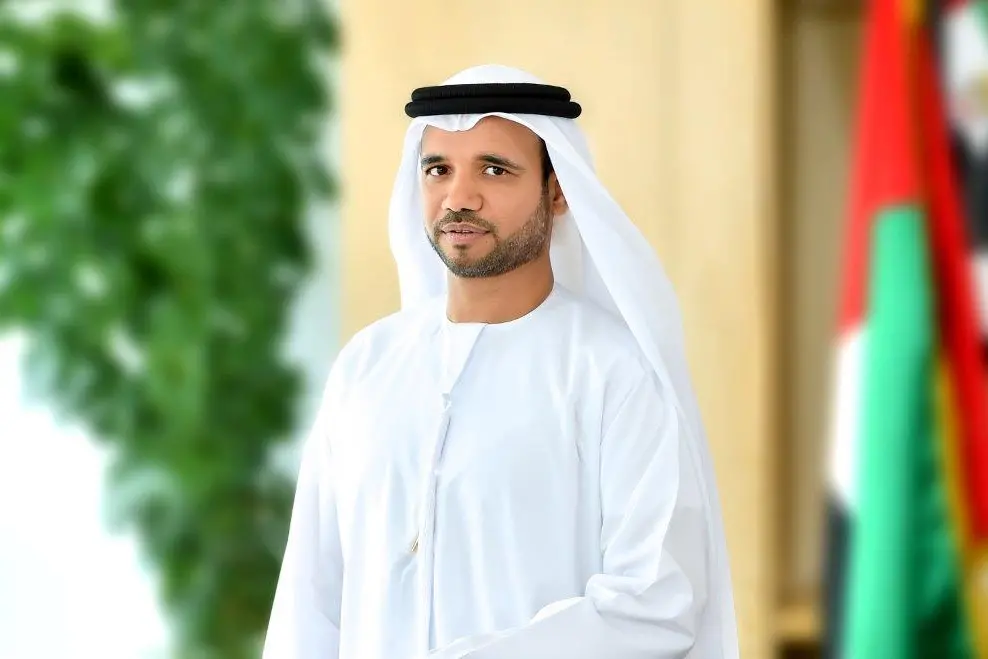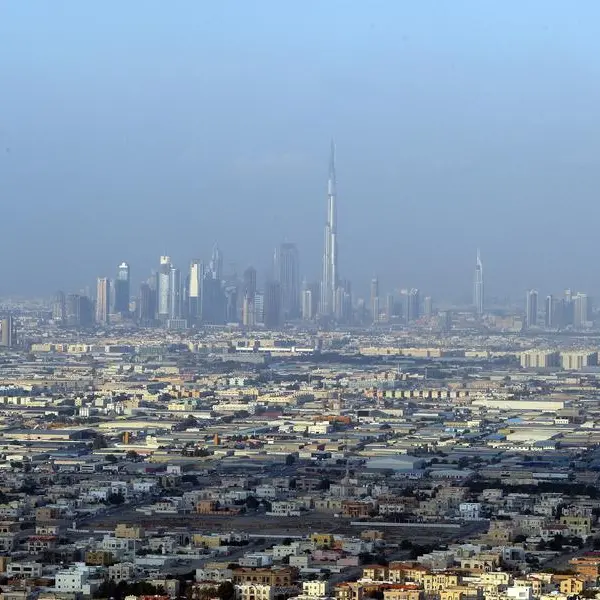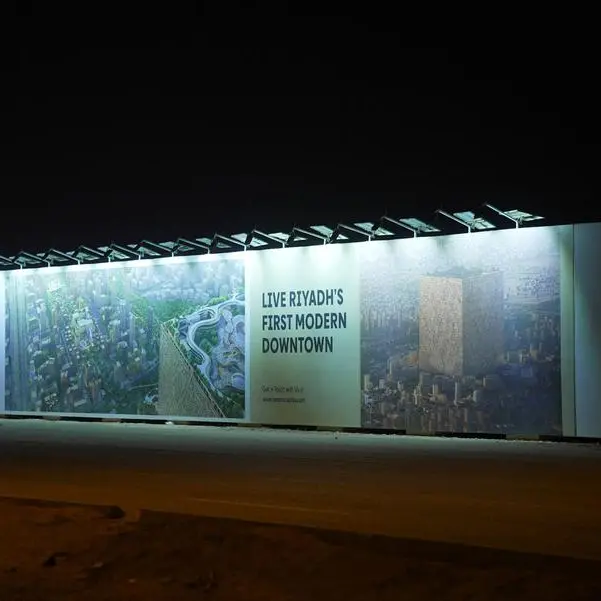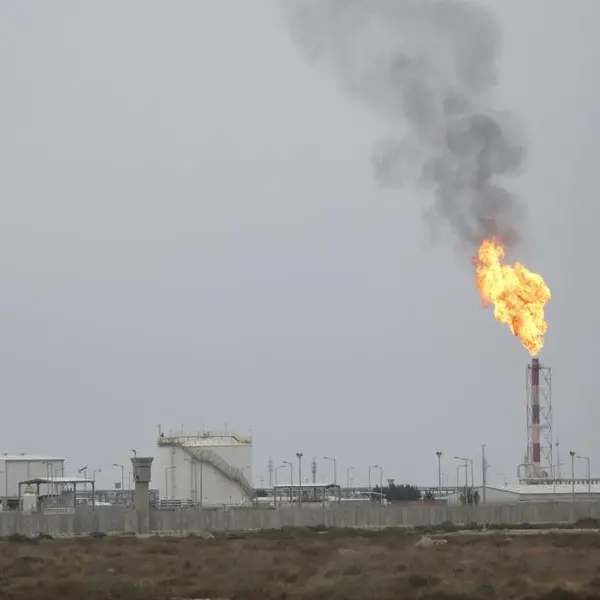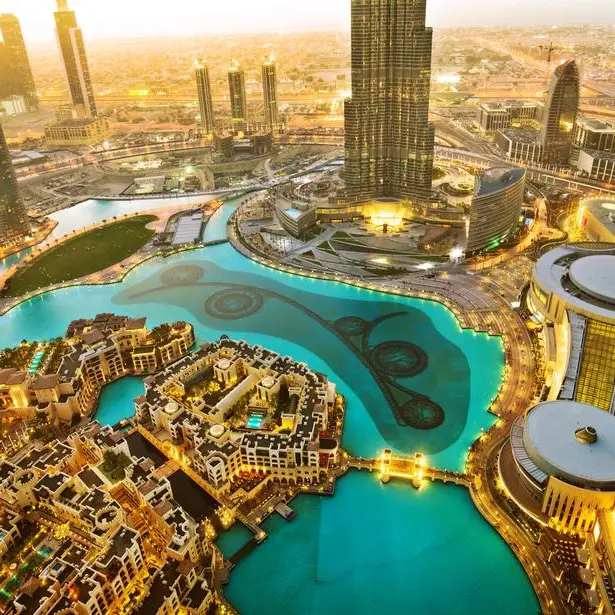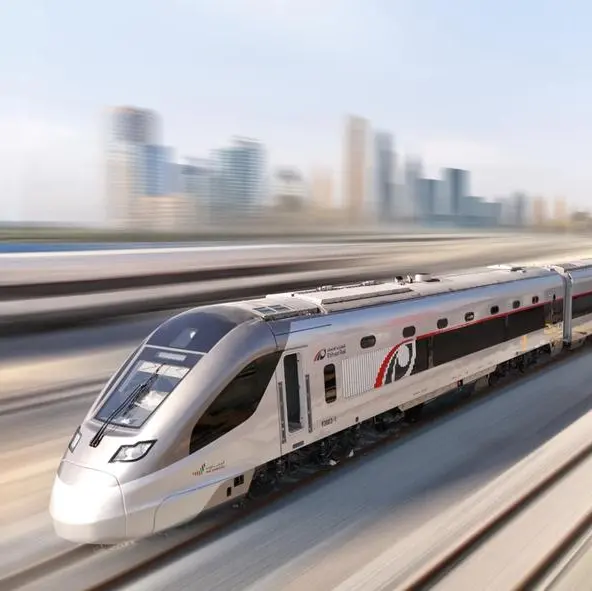PHOTO
Senaat, the largest industrial investment holding company in the United Arab Emirates, has said that the value of its industrial asset portfolio reached 27.3 billion dirhams ($7.43 billion) at the end of 2018, according to its chief executive.
Jamal Salem Al Dhaheri told reporters at a media briefing in Abu Dhabi that the state-owned conglomerate’s portfolio had grown “by a compounded annual rate of 15.5 percent since 2004”.
Total debt reached 6 billion dirhams at the end of 2018, he said in Arabic, noting that the 1.1 billion dirham sukuk issued by the firm in the last quarter of 2018 was used to re-finance existing debt.
Al Dhaheri was speaking at a roundtable where Senaat announced that its consolidated revenue grew by 3.5 percent in 2018, to 16.3 billion dirhams. EBITDA (earnings before interest, tax, depreciation and amortization) grew to over 2.5 billion dirhams in 2018, a 20 percent year-on-year rise.
On whether the firm is looking at issuing new sukuk this year, Al Dhaheri said that the firm is still open to issuing sukuk or other types of bonds.
“If the need arises, we have several options,” he said.
In November last year, Senaat issued a AED 1.1 billion ($300 million) sukuk with a 7-year tenor that was jointly listed on the London Stock Exchange and the Abu Dhabi Securities Exchange. It attracted investment grade ratings of “A” by Fitch and “A3” by Moody’s. This was the first listing under a trust certificate programme which opened a line of Islamic financing worth up to $3 billion. (Read more here).
Senaat is a state-owned investment holding company that owns a variety of businesses, including two firms that are listed on the Abu Dhabi stock market - food and beverage manufacturer Agthia and Arkan Building Materials. Senaat retains a majority (51 percent) stake in both firms.
“We constantly review our companies for privatisation, and we’re still open to list more companies. Since we already implemented this two times, it is possible to do it again with other companies,” Al Dhaheri told reporters.
Senaat’s other subsidiaries include Emirates Steel, National Petroleum Construction Company (NPCC), Ducab, and Taweelah Aluminium Extrusion Company, among others. As for its growth plans, he said they differ for each of its subsidiaries. (Read more here).
“In our growth strategy, we’re looking at two things: acquisitions or initiating new projects,” Al Dhaheri said.
“We have investments in four sectors through nine companies. Each has a different set of priorities, but overall we always aim to lower expenses and develop products to meet the demands of neighbouring market(s) and expand to new global markets in order to lower risks and not rely on a single market,” he said.
(Reporting by Nada Al Rifai; Editing by Michael Fahy).
© ZAWYA 2019
